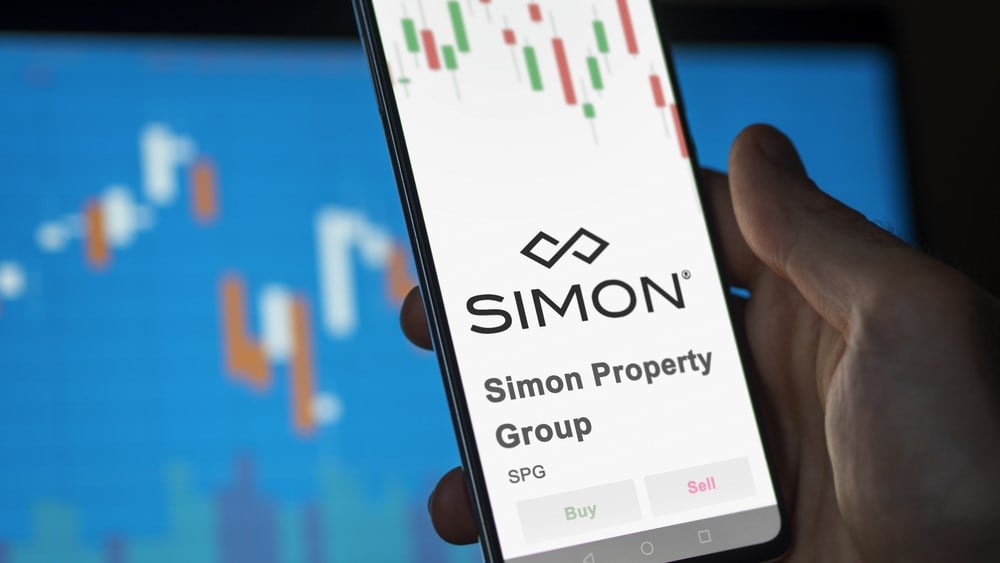
People often forget that, despite the presence of trading bots and algorithms, the majority of the market is comprised of people with one common goal: to make the bottom number bigger. There is one other thing these participants shared: the same psychological drivers.
When it comes to real estate stocks, mass psychology has commanded the majority of market participants to ditch the sector and rotate into more popularized areas like technology stocks. How can you beat the masses and get an inflation-beating dividend yield with a double-digit upside?
In three words, Simon Property Group (NYSE: SPG) is a REIT (real estate investment trust) that has been disregarded by the masses following herd behavior away from the asset class. The bear market has been in real estate for some time, though investment magnates like Warren Buffett have turned bullish.
Investors Just Like You
It is no surprise that most investors are seeking a safer place to put their money to work amid today's uncertain environment; if this sounds like you or someone you know, then MarketBeat has a special seat for you.
While you would have to be a direct client - typically a high net worth individual - at places like Goldman Sachs (NYSE: GS) and BlackRock (NYSE: BLK) to get their insights and advice, some of their current strategy has been democratized here. The protein? Seek yield and undervalued stocks.
In the REITs space, you can usually find one or the other; it is very uncommon to get both of these factors in one deal. That is because you haven't tried MarketBeat's stock screening tool, which could have helped you quickly find Simon Property as an outlier.
By filtering for high dividend stocks, which also carry a low price-to-earnings ratio, Simon comes across to offer you the type of assets these 'masters of the universe' are also looking for.
If inflation is a concern for you today, as it is for many others scrambling to beat it, but the thought of bonds feels like taking a melatonin pill before bed, stick around; this deal may just be for you.
Too Good to Pass Up
Analysts are landing on a consensus price target of $129.8 a share, implying the stock needs to rise by as much as 22.5% from today's prices to meet it. However, there is reason to believe that these targets may be on the conservative side of the spectrum; here's why:
Beginning with its tremendous dividend yield of 7.2%, which makes Simon the only commercial REIT of over $40 billion in size to offer such excellent income potential, you can forget about inflation and 5.0% treasuries breathing down your neck here.
Here is where the price targets may fall short, comparing Simon's stock performance against a proper benchmark, such as the Vanguard Real Estate ETF (NYSEARCA: VNQ) or the SPDR S&P 500 ETF Trust (NYSEARCA: SPY), the gaps become as clear as daylight.
Over a five-year period, which properly represents an entire business - and interest rate - cycle, Simon has yet to see its turn to play, judged by its underperformance of over 100%.
Because the trust holds mall properties and thus not the typical interest of those who jump straight into residential trusts, prices may need to catch up on the company's underlying value.
Vanguard's dividend yield stands at a mere 4.4%, while the S&P offers 1.5%, nothing to write home about. Because Simon's properties are undervalued yet still making reliable and growing cash flows, they can afford to pay a superior dividend and attract those intelligent enough to buy the stock.
Simon's P/E ratio stands at a 16.0x multiple, making it the cheapest the stock has been since its IPO in 1995, excluding the brief troughs made during COVID-19. Is there any traction to bears driving down the price of these mall properties? Let's ask more banks about it.
Commercial banks like Bank of America (NYSE: BAC) have NYSE: BAC" target="_blank" rel="noopener">reported growing credit card lines with their customers while the overall FICO score composition is rising. Translation? Spenders are spending, and Simon is smack in the middle of those looking to buy from those looking to sell.
Looking over the latest quarterly results for Simon, it becomes evident that the worst is behind for the trust. Tenant occupancy rates rose to 94.7% from 93.9% a year ago; want something to move the needle more? Try a 3.1% increase in base rent per square foot, alongside average sales per square foot of $747.
Without getting into the thick of it, increases in rents and tenants allowed the trust to bump its dividend payouts by 8.6% over the year; inflation, who?
In any case, see the amount of commerce in one of their properties and conclude that a discount is uncalled for. Remember the herd mentality? Imagine what will happen when markets discover executives have bought over $100 million worth of stock in the past quarter; run for the buy buttons!




